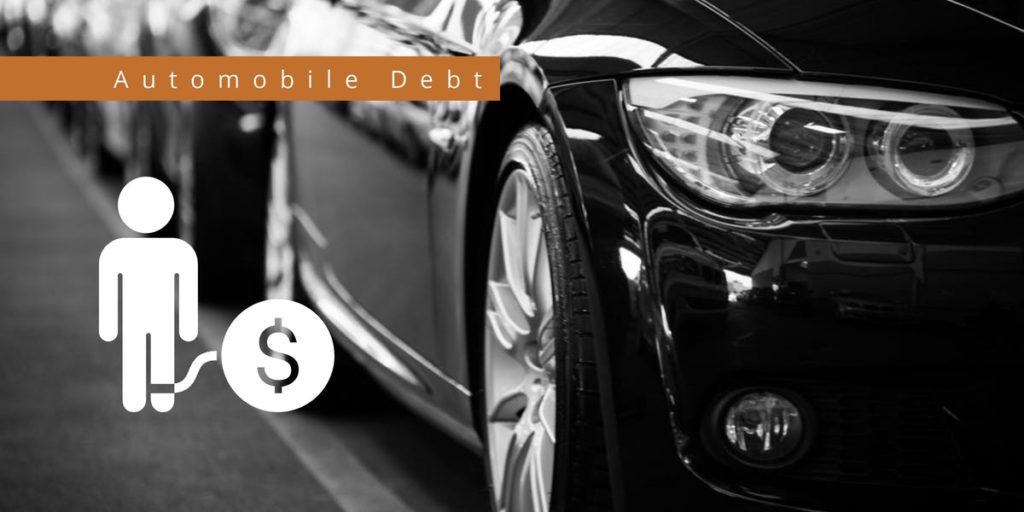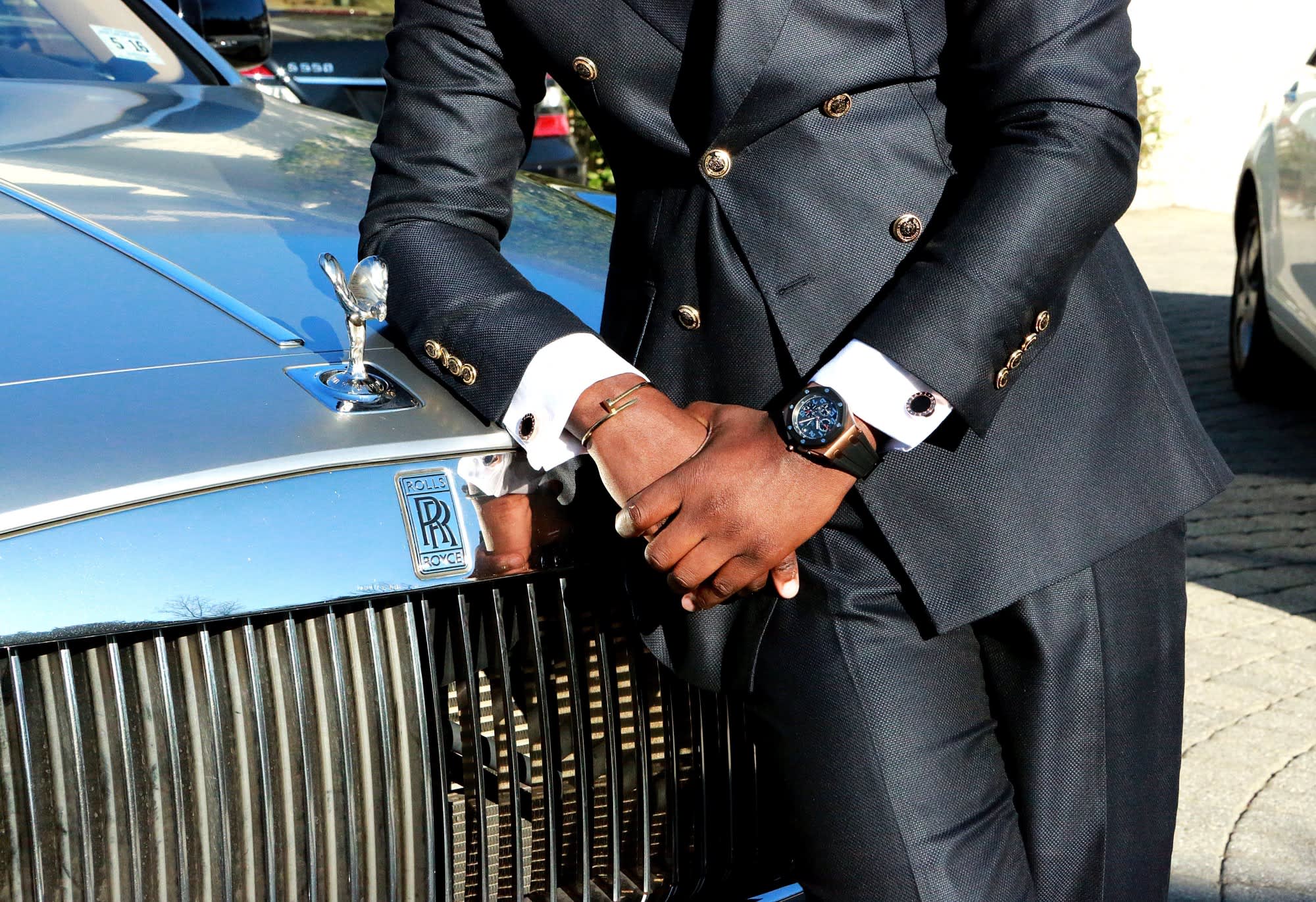Psychology of Buying Exotic Cars & Understanding the Emotional Factors that Influence Client Buying Decisions
Emotional responses can play a powerful role in clients exotic car decision-making process, often exerting more influence than logic and reason. This is because emotions are processed in a different part of the brain than rational thought, and can have a stronger impact on our behavior. When we experience strong emotions, such as fear or excitement, they can override our rational thought processes, leading us to make decisions that we might not make under normal circumstances.
In addition to overriding our logical thought processes, emotions can also bias the way we perceive information from the dealer. When we are in a heightened emotional state, we may be more likely to see things in black and white, or to focus only on certain aspects of a situation, ignoring other important details. This can lead clients to make decisions that are not based on a complete understanding of the situation, or that are based on incomplete or inaccurate information.
Another way that emotional responses can influence a clients decision making process is through the power of social influence. When we are in a group setting, we may be more likely to go along with the group consensus, even if we disagree with it, because we want to fit in and be accepted. This can lead us to make decisions that we might not make on our own, or to follow a course of action that is not in our best interests.
Emotional responses can also be influenced by our personal biases and beliefs. For example, if we have a strong belief about a particular car brand, such as Ferrari is better than Lamborghini, we may be more likely to make decisions that support that belief, regardless of whether or not they are rational or logical. This can lead us to ignore important facts like lower prices, and to make decisions that are not in our best interests or the best interests of society as a whole.
Past Experiences, Memories & Emotions All Play A Role In The Way Clients Buy.

Past experiences, memories, and emotions can all play a significant role in the way client make decisions when buying luxury cars. This is because our previous experiences and emotions shape the way we perceive and respond to new purchases. For example, if we have had a negative experience with a particular car brand, we may be more hesitant to try a new model under the same make, even if it has a good reputation or has received a ton of positive reviews.
Memories and emotions can also impact a car buying decision-making process by shaping preferences and priorities. If a client has positive memories associated with a particular brand, they may be more likely to choose it again in the future, even if there are other options available that might be more objectively better. Similarly, if a buyer has a strong emotional attachment to a particular make, they may be more likely to choose it over other options, even if it is not the most practical or cost-effective choice.
In addition to influencing our preferences and priorities, past experiences and emotions can also impact the way we perceive and interpret information. For example, if we have had a bad experience with a particular salesperson or brand, we may be more likely to perceive their marketing messages as insincere or manipulative, even if they are objectively true. This can lead us to make decisions that are not based on a complete understanding of the situation, or that are based on incomplete or inaccurate information.
If a client has had negative experiences with taking risks or making bold decisions in the past, we may be more hesitant to take similar risks in the future, even if they are objectively justified. Similarly, if we have a tendency to make decisions based on our emotions rather than logic and reason, this can impact the way we make decisions in the future, and may lead to decisions that are not in our best interests.
Personal Values Impact Our Decisions.

Personal values, including cultural and social values, can have a significant impact on the way clients make decisions when buying exotic cars. Personal values are shaped by a variety of factors, including upbringing, personal experiences, cultural and social influences. These values can serve as a guide for behavior and can impact the decisions made when buying an exotic car.
If a buyer comes from a culture that places a high value on family, we may be more likely to prioritize decisions that benefit family over decisions that benefit them personally. Similarly, if they are part of a social group that places a high value on individualism, they may be more likely to prioritize decisions that benefit them individually, even if it means going against the wishes of the group. This provides an excellent opportunity for the sales team to add on sales that customize the car to the individual style of the buyer.
Personal values can also impact the way a buyer perceives and responds to information. For instance, if they place a high value on honesty and integrity, they may be more likely to reject information that they perceive as dishonest or manipulative, even if it is objectively true. This can impact the decision-making process by leading them to make decisions that are not based on a complete understanding of the situation.
Moods & Emotional States Influence Choices
Buyers moods and emotional states can have a significant impact on the way we make decisions, including decisions related to purchasing a car. Our moods can affect our level of motivation, our attention to detail, and our ability to process information, all of which can impact the decisions we make.
For instance, if we are in a positive mood, we may be more likely to make decisions that align with our personal values and preferences. This can make us more receptive to ideas or options that we might otherwise overlook. Conversely, if we are in a negative mood, we may be more likely to make decisions that are overly cautious or risk-averse, and to avoid taking risks that might be necessary for our personal or professional growth.
Emotional states can also impact the way we perceive and respond to information. For example, if we are feeling anxious or stressed, we may be more likely to interpret information in a negative light, even if it is objectively positive. This can lead us to make decisions that are overly cautious or risk-averse, and to avoid taking risks that might be necessary for our personal or professional growth.
Furthermore, our moods and emotional states can impact the factors we prioritize when making decisions. For example, if we are feeling overwhelmed or stressed, we may be more likely to prioritize decisions that provide immediate relief or comfort, even if they are not the best long-term option. This can lead us to make decisions that are not in our best interest in the long run.
These states can impact our level of motivation, our attention to detail, our ability to process information and the factors we prioritize when making decisions. Being aware of a buyers emotional state and taking steps to manage them can help them make more informed and effective decisions.
Social Approval & Fear Of Social Rejection

The need for social approval & the fear of social rejection can have a significant impact on the way we make decisions. As social creatures, we are often influenced by the opinions and expectations of others, and the fear of rejection can be a powerful motivator for our behavior.
For example, if we are considering purchasing a car, we may be influenced by the opinions of our friends and family members. We may be more likely to choose a car that we know will be approved of by our social group, even if it is not our first choice. Conversely, we may avoid making a decision that we fear will lead to social rejection or disapproval.
If a buyer fears social rejection or disapproval, they may be less likely to take risks that could lead to rejection or failure, even if those risks are necessary for our personal or professional growth. This can lead them to make decisions that are overly cautious or risk-averse, and to miss out on opportunities for growth and development.
These factors can influence behavior, the way they evaluate information and options and willingness to take risks and try new things. Being aware of these influences can help make more informed and effective decisions as a dealer.
Personal Biases Influence Perception Of Information
Personal biases, including cognitive biases and confirmation biases can significantly impact the way buyers perceive and interpret information when making decisions, including decisions related to purchasing a car. These biases can distort our perception of reality and affect our choices, leading us to make decisions that are not in our best interest.
Cognitive biases, for example, are mental shortcuts or heuristics that our brains use to process information quickly. While these shortcuts can be helpful in certain situations, they can also lead to errors in judgment and decision-making. For instance, if we have a bias toward confirmation, we may seek out information that confirms our existing beliefs about a car, while ignoring information that contradicts those beliefs.
Confirmation bias can lead us to make decisions based on incomplete or inaccurate information, and can prevent us from considering alternative options that may be better suited to our needs. This can lead to missed opportunities and poor decision-making.
Similarly, cognitive biases like the availability heuristic can impact our decision-making process. This heuristic refers to our tendency to judge the likelihood of an event based on how easily we can recall examples of that event. For instance, if we have heard about several accidents involving a particular make or model of car, we may overestimate the likelihood of accidents with that car, even if it is statistically unlikely.
These biases can lead us to make decisions based on incomplete or inaccurate information and prevent us from considering alternative options. Being aware of these biases and actively working to overcome them can help us make more informed and effective decisions.
Risk & Uncertainty Impact Decision Making

The perception of risk and uncertainty can play a significant role in our decision-making process, especially when it comes to purchasing a car. Our perception of risk can be influenced by a variety of factors, including our past experiences, inflation rates, and our unemployment.
For example, if a buyer had negative experiences with a particular finance company in the past, they may perceive it as riskier than other options, even if the actual risk is low. Similarly, if they are from a culture that values safety above all else, they may be more likely to choose a car based on safety ratings, even if other factors are more important to us.
If they are feeling anxious or stressed, they may perceive a situation as riskier than it actually is, leading them to make more conservative choices. Conversely, if they are feeling optimistic or confident, they may perceive a situation as less risky, leading us to make more daring choices.
In addition, the perception of risk can also be impacted by the way information is presented to us. For example, if information about a car is presented in a way that emphasizes its potential risks, such as through negative news coverage or sensational marketing, the buyer may perceive it as riskier than it actually is.
Understanding how these factors impact our perception of risk can help you as a delaer make more informed and effective decisions.
Self Confidence & Self Esteem Affect Decision Making
Self-confidence, self-esteem, and self-worth can all play a role in our decision-making process, including when it comes to buying a car. Our beliefs about ourselves can impact our confidence in our decision-making abilities, and can also influence the choices we make.
If a buyer has high levels of self-confidence and self-esteem, they may be more likely to make decisions based on their own preferences and needs, rather than being swayed by external factors or the opinions of others. On the other hand, if a buyer has low levels of self-confidence and self-esteem, they may be more likely to make decisions based on the opinions of others or to choose options that we believe will be more socially acceptable.
If a buyer perceives themselves as deserving of a certain level of luxury or comfort, we may be more likely to choose an exotic car that reflects those values, even if it is not the most practical or cost-effective option.
If a buyer has high levels of self-confidence, they may be more assertive in negotiating a lower price or better terms. Conversely, if they have low levels of self-confidence, they may be less assertive and more likely to accept the terms offered to them.
Scarcity & The Fear Of Missing Out
The perception of scarcity or abundance can play a significant role in the decision making process when it comes to buying a car. If a buyer perceives that a particular car or model is scarce or limited in availability, they may be more likely to make a quick decision and purchase it, even if it is not the best option for them. Conversely, if they perceive that a particular car or model is abundant or widely available, we may be more likely to delay our decision or look for other options.
The fear of missing out (FOMO) can also impact decision making when purchasing a car. If a buyer thinks that a particular car or model is in high demand or is popular among a social group, they may be more likely to make a quick decision and purchase it, in order to avoid missing out on the opportunity. This can lead to making impulsive choices or to overlook important factors such as price or practicality.
If a buyer thinks that a particular car or model is scarce or limited in availability, they may feel a sense of urgency or anxiety, leading them to make impulsive decisions or to overpay for the car. If we think that a particular car or model is abundant or widely available, they may feel a sense of calm or relaxation, leading them to take more time to consider options and make a more informed decision.
Understanding how all these factors influence an exotic car buyers decision making process can help you make more informed and effective tactical discussions when sellin an exotic car at your dealership.
